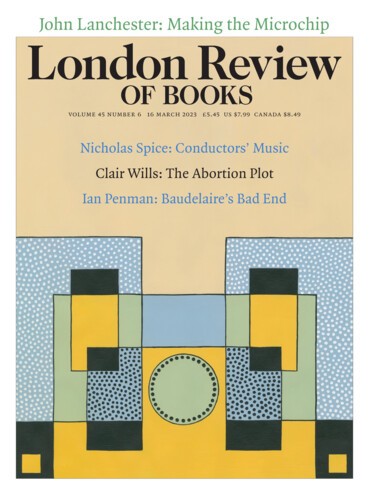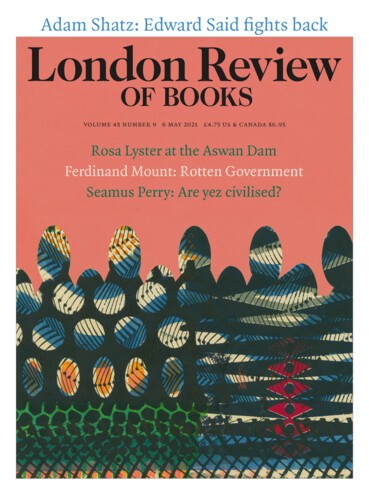Labour hopes that sleaze is Johnson’s weakness. Internal party polling suggests the scandals are registering with voters, particularly in the ‘Red Wall’ seats. The shadow cabinet office minister, Rachel Reeves, has called for an ethics and integrity commission to guarantee standards in public life (but Cameron made grand promises in opposition too). Greensill has prompted a panic about lobbying, but the real and enduring scandal is the power of money in British politics. Cameron, like Tony Blair and many others, saw nothing wrong in selling his access to the highest bidder. Britain’s political culture appears intensely relaxed about perceptions of cronyism and nepotism. Corporate donations grease the wheels for lucrative public contracts. Honours are dished out to party funders. Last December, Johnson defied the recommendation of the Lords Appointment Commission when he elevated the Tory donor Peter Cruddas to the Lords.
Greensill has prompted a panic about lobbying, but the real and enduring scandal is the power of money in British politics. Cameron, like Tony Blair and many others, saw nothing wrong in selling his access to the highest bidder. Britain’s political culture appears intensely relaxed about perceptions of cronyism and nepotism.





